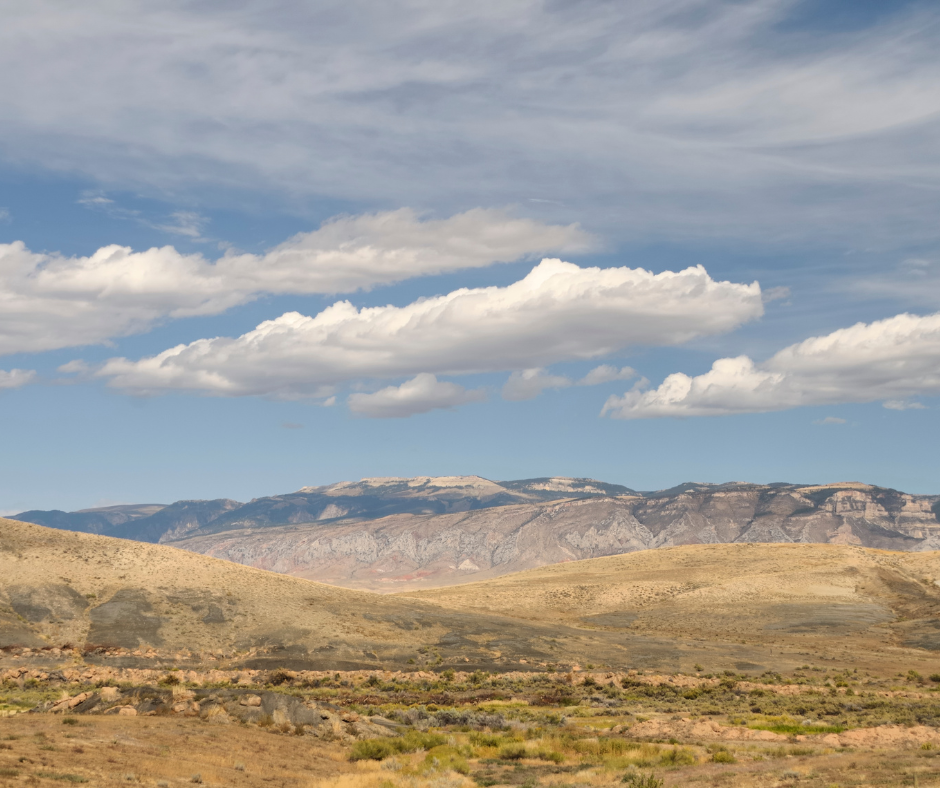January 18, 2024
January 18, 2024

Arlington, Va., Jan. 18, 2024 – The Essential Minerals Association (EMA) filed comments calling into question the Preferred Alternative proposed in the Bureau of Land Management-Wyoming Rock Springs Field Office’s recently released draft Resource Management Plan (RMP), which would result in a significant reduction of acres available to lease for trona mining, a critical ingredient in a host of applications, including lithium batteries for electric vehicles.
“Just as we have seen in other cases with BLM, they are once again putting the goals of radical environmental groups over the needs of the U.S. economy,” said Chris Greissing, EMA president. “EMA’s members have been successfully operating within the boundaries of the Rock Springs Field Office and have even been recognized by the Bureau for their stewardship and reclamation efforts. BLM’s Preferred Alternative places stringent restrictions on the trona mining industry that would impact downstream industries, such as green energy and the electric vehicle transition.”
The trona deposits in this part of Wyoming are the largest in the world and are crucial to the green energy transition. Trona, or soda ash, is the primary raw material essential for the production of glass, including solar panels and glass used in LEED certified buildings, and also in the creation and recycling of batteries. The industry in Wyoming produces a natural soda ash, compared to soda ash produced in China, which is synthetic and emits three times as much CO2 and uses three times as much energy to produce. Soda ash is the largest inorganic chemical export in the United States, and companies have committed nearly $7 billion to expand capacity by 50 percent to meet increased global demand. Decreasing our ability to mine natural soda ash will lead to more Chinese synthetic soda ash reaching the market at the cost of significant environmental harm and increased U.S. reliance on China for even more of our resource needs.
Alternative B, the BLM-WY’s Preferred Alternative, is highly focused on conservation, imposing stringent restrictions on development and land uses, including trona mining. Under this option, 49,224 acres would be closed to trona leasing, which would be a 101 percent increase from current management practices. The Preferred Alternative would have significant negative impacts to the mining industry in Wyoming and also the regional and national economy.
Additionally, the Preferred Alternative includes rights of way exclusions, big game habitat and migration corridor limitations, surface occupancy and timing restrictions. All of these proposals are overly restrictive and run counter to BLM-WY’s multiple use mandate under the Federal Lands Policy Management Act. EMA members support land use planning to provide appropriate protections for natural and cultural resources but not at the cost of severely restricting our ability to provide minerals that are essential to the everyday lives of Americans.
EMA is supportive of a new alternative proposed by the Wyoming Mining Association that strikes a better balance by ensuring that responsible trona production can continue in a manner which is practical, predictable, and ensures the domestic trona industry will remain globally competitive while also providing necessary protections for other resources.
The Essential Minerals Association (EMA) is the representative voice for companies that extract and process a vital and beneficial group of raw materials and minerals, which are the essential ingredients for many of the products used in everyday life. Formerly, the Industrial Minerals Association – North America, EMA ensures that the voices of its member companies and the socio-economic benefits they provide – from mining to end-use products – are heard by government leaders as well as the general public. Visit essentialminerals.org to learn more.
#

May 22, 2025

January 31, 2025

January 20, 2025